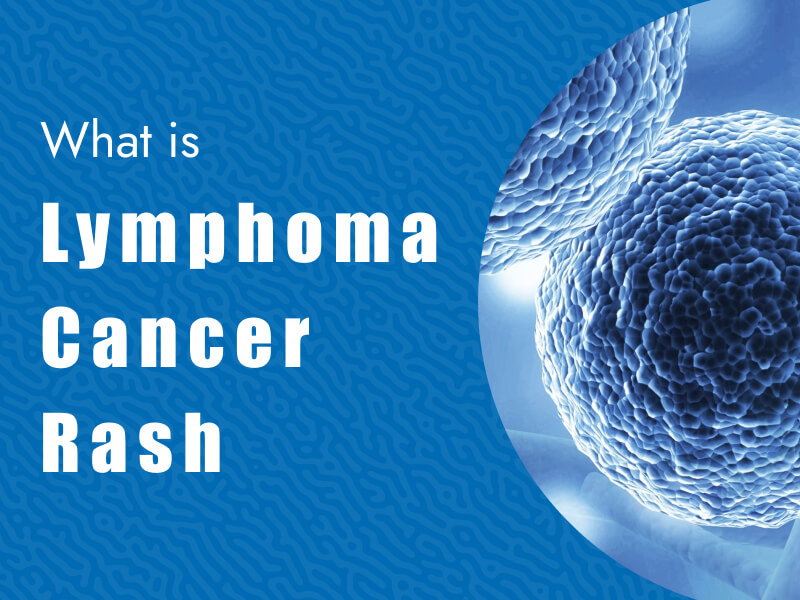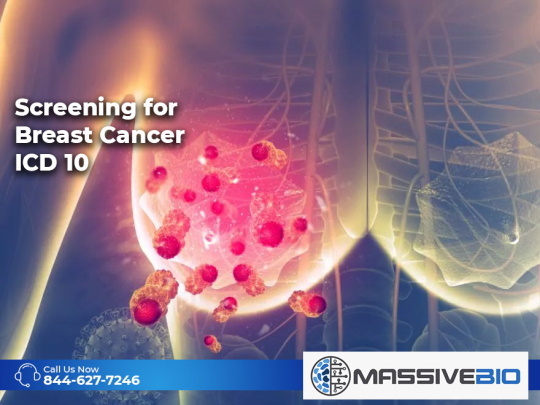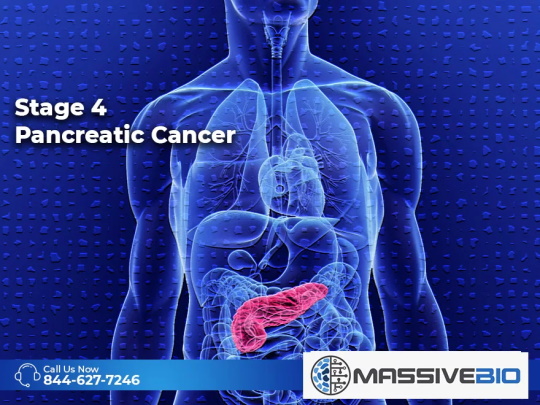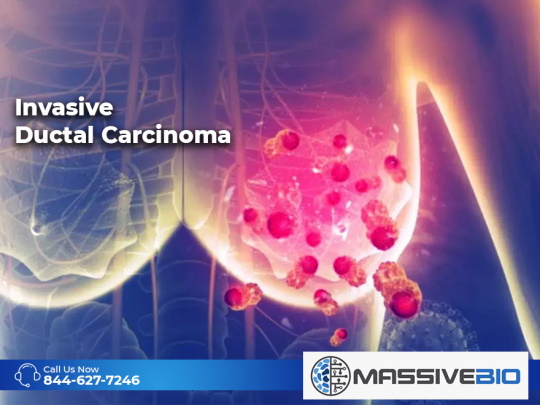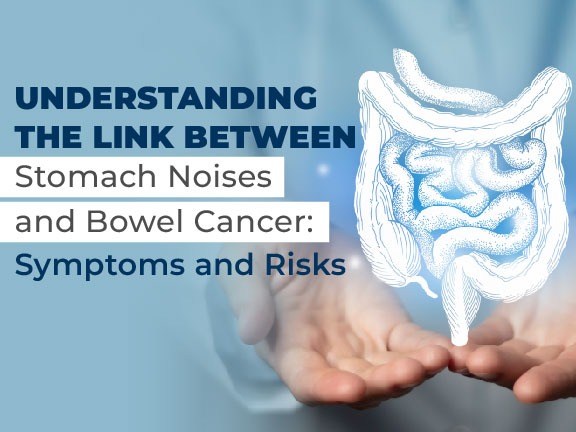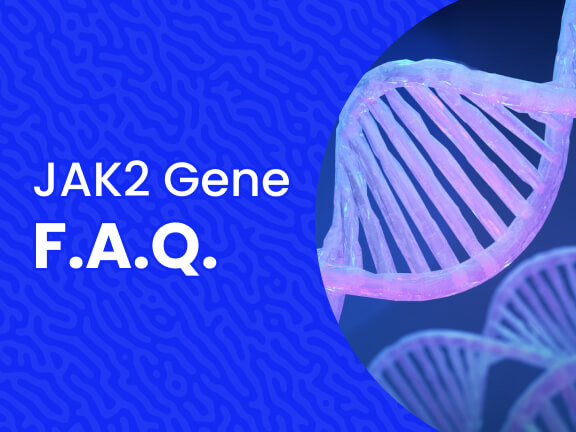What is HER2 Positive Cancer?
HER2 is a protein that facilitates cell growth. In some cancer cases, the cells cause the protein to reproduce and grow at a faster rate than normal. When this occurs, the cancer cells will be more aggressive and can spread throughout the body. When diagnosed with cancer, confirming if you are HER2 positive or negative can determine your eligibility for HER2 targeted therapies.
Occurs in 25% of breast cancer cases, but also is seen in other cancer types such as:
- Pancreatic cancer
- Bladder cancer
- Ovarian cancer
- Stomach cancer
HER2 Positive Cancer Symptoms
The symptoms of cancers with HER2 positive cancer depend on the specific cancer type. However, cancers that are positive for HER2 are known to be more aggressive and have a worse prognosis than cancers without the amplification.
What Causes HER2 Positive Cancer?
Unlike some mutations, HER2 abnormalities are not inherited from an individual’s family. The mutation develops over the patient’s lifetime and the exact cause is unknown.
HER2 Positive Cancer Treatment
Treatment for cancers positive for an abnormal amount of HER2 depends on the exact cancer type. There are new targeted therapies that can identify cancer cells with the HER2 protein and attack them. These therapies also avoid healthy cells without the HER2 protein, so patients often experience less side effects from treatment compared to other standard treatments. Most HER2 drugs were developed for breast cancer patients since it is the most common cancer for HER2, but others are available for different cancer types in clinical trials, where new treatments are evaluated by the FDA before they are widely used as a standard therapy. The different types of HER2 targeted therapies are listed below.
Monoclonal antibodies, which are man-made antibodies that bind to HER2 proteins and prevent further growth. Monoclonal antibodies for HER2 cancer are:
- Trastuzumab (Herceptin)
- Pertuzumab (Perjeta)
- Margetuximab (Margenza)
Antibody-drug conjugates is a monoclonal antibody that links to a chemotherapy drug. The antibodies bind to HER2 proteins as a marker for where the chemo is to target. Antibody-drug conjugates for HER2 cancer include:
- Ado-trastuzumab emtansine (Kadcyla)
- Fam-trastuzumab deruxtecan (Enhertu)
Kinase Inhibitors block the kinases (HER2 proteins) from performing their vital functions. Kinase inhibitors for HER2 cancer are:
- Lapatinib (Tykerb)
- Neratinib (Nerlynx)
- Tucatinib (Tukysa)
HER2 Positive Cancer Clinical Trials
There are more than 400 active cancer clinical trials for patients with HER2 positive cancer currently in the United States. With such an extensive list, many of them could be beneficial for you. Our team of patient relations coordinators, who are oncology nurses, combined with Massive Bio’s Artificial Intelligence based Clinical Trial Matching System will find the best option for you.
With just a few clicks, you can see your clinical trial matches now. Click here to use our advanced clinical trial match tool.
How Do We Help HER2 Positive Cancer Patients?
Massive Bio’s initial cancer treatment consultation, as well as our clinical trial matching service, is free for patients with HER2 positive cancer. Our patient relations coordinators work closely with patients to gather information regarding their current medical status, and then will provide a list of options from available cancer clinical trials close to your home.
We can also provide a comprehensive case analysis through our Virtual Tumor Board of top cancer specialists. The Virtual Tumor Board (VTB) is comprised of highly specialized oncologists from nationally-recognized Cancer Centers of Excellence. Within just 7-10 days after receiving your medical records, Massive Bio can provide you with a treatment plan that can be executed without having to travel far distances or use your valuable time.
Source:




